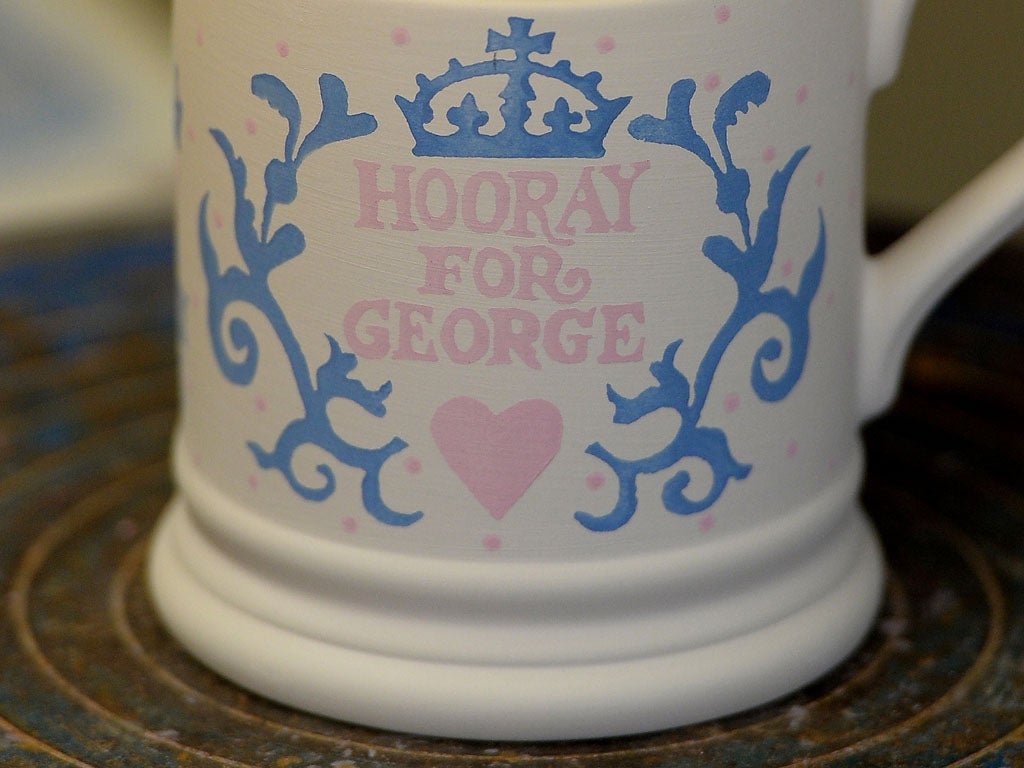This week's big questions: Is the monarchy’s future safe? Is republicanism dead? Should we be more like the Dutch?
Answered this week by royal history and biography writer Alison Weir


Do you share the view that this week’s royal birth has ensured the monarchy’s survival for the foreseeable future?
Yes. The succession is assured now, and in good hands, but more importantly the enthusiastic public celebrations to mark the wedding of the Duke and Duchess of Cambridge, the Queen’s Diamond Jubilee and the birth of a new heir to the throne make it clear that the monarchy is still popular, which augurs well for its future.
How do you see attitudes to the monarchy changing when the Queen is no longer with us?
It will all be down to the individual characters and styles of the future Charles III, William V and George VII. Prince Charles has had his detractors, but all the signs are that he will make an exemplary and accessible king, while it is obvious that Prince William is very much of his generation, and his engaging and more relaxed style is an indication of how he will act as king.
New monarchs won’t be coming to the throne until they are nearing old age. Prince Charles is already 64. How do you view this?
It doesn’t worry me, although we do live in a society that focuses largely on youth. However, I think that the charisma of the monarchy as an institution has the power to invest the succession of any monarch, of whatever age, with appeal. It helps too that there is a younger generation of royals with whom young people can identify. And maybe it doesn’t really matter, after the exceptional example set by the Queen, who is loved and respected by people of all generations.
Could the Continental model of a low-key royal family – and abdications like the recent one of Queen Beatrix of the Netherlands – ever apply here?
The abdication of the Queen’s uncle, Edward VIII, in 1936 is a precedent that no British monarch would wish to emulate. We are already seeing a scaled down Royal Family, as the focus shifts to the Queen and her direct heirs, and an increasing degree of informality. Will we see royals on bicycles? Maybe!
What makes a successful monarch in the 21st century?
The old-fashioned values of duty, dedication and service are clearly as important as ever, as are dignity and integrity. Since the reign of Victoria, the British have expected their monarchs to live lives that reflect a domestic ideal to which the rest of us might fail to live up, yet we also like them to show humanity and humour, and to be accessible. The monarch is the living embodiment of all that we believe to be good in our national life.
Is it the case that republicans might as well give up and go home?
The republican movement isn’t as strong as it was during Victoria’s widowhood. But monarchy must respond to public concerns, and republican views can put us all in mind of such concerns. I think that the Queen is very aware of them, and quite clearly she has responded to them. But seeing how the monarchy can unite us as a nation, and give cohesion to our institutions, should perhaps give republicans pause for thought.
Are there any moments in royal history that you think have particular relevance to the fortunes of today’s Royal family?
I think that the death of Princess Diana in 1997 has particular relevance, in that it made the Royal Family aware of what can happen when a non-royal bride is not well assimilated into its fold. The abdication of Edward VIII was a distressing example of how to bring the monarchy into disrepute. But the marriage of Prince Charles to the Duchess of Cornwall has proved that things have moved on since 1936.
Should kings and queens always be central to the teaching of history?
Of course; it is essential. For much of our long history, kings and queens actually ruled this realm. Later, monarchs were central to the development of constitutional government; their reigns have defined ages. To ignore all that in the curriculum is to sideline what has made us as a nation.
You have written historical fact and historical fiction. What can the latter do that the former can’t?
Historical fiction, well researched, can give us insights that are not permissible to a historian. But I do feel very strongly that, in a novel based on a real historical figure, what a novelist writes must be credible within the context of what is known about that figure.
Alison Weir is the author of several books of royal history and biography. Her latest, ‘Elizabeth of York: The First Tudor Queen’, will be published in November by Jonathan Cape

Join our commenting forum
Join thought-provoking conversations, follow other Independent readers and see their replies